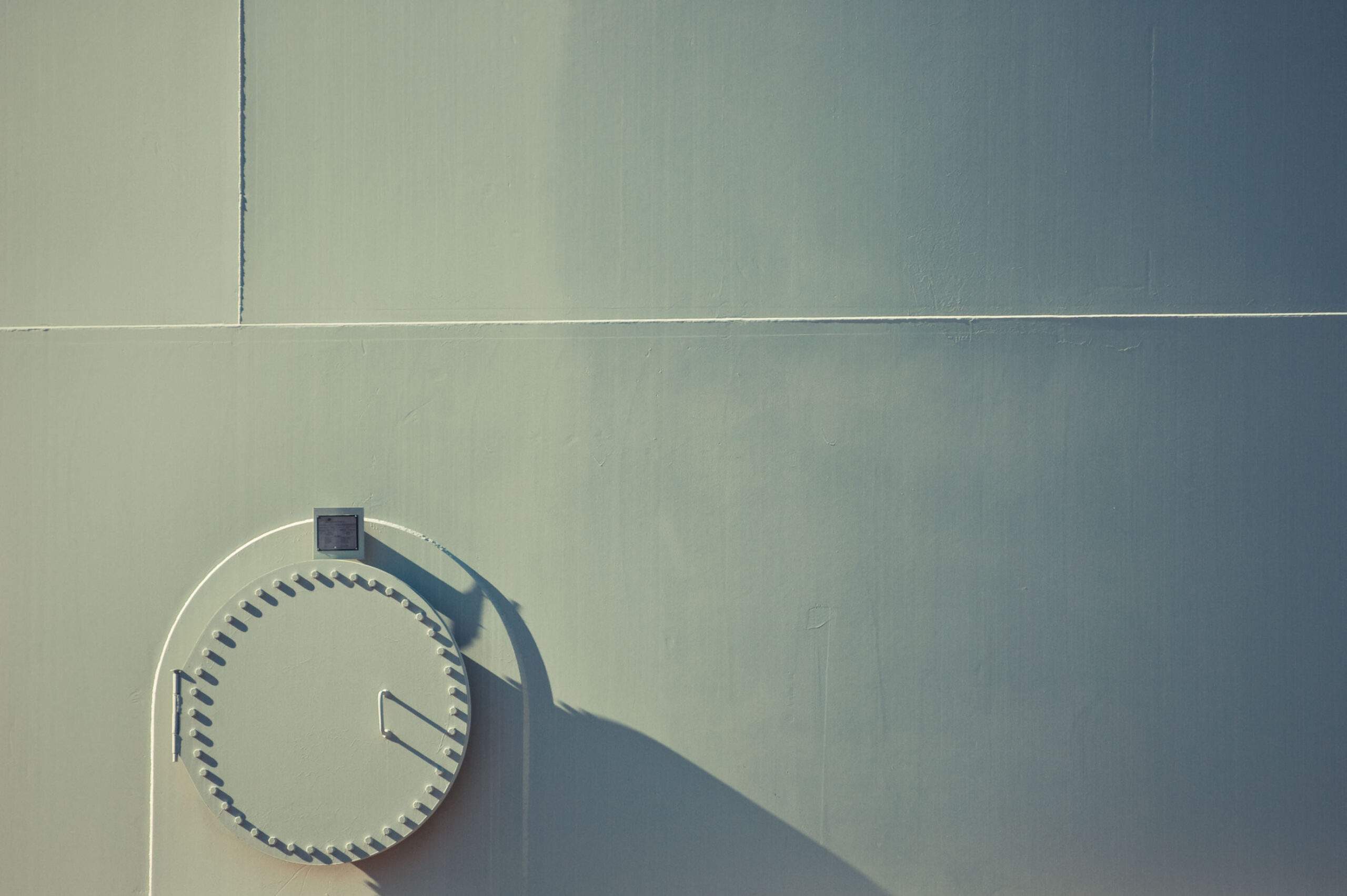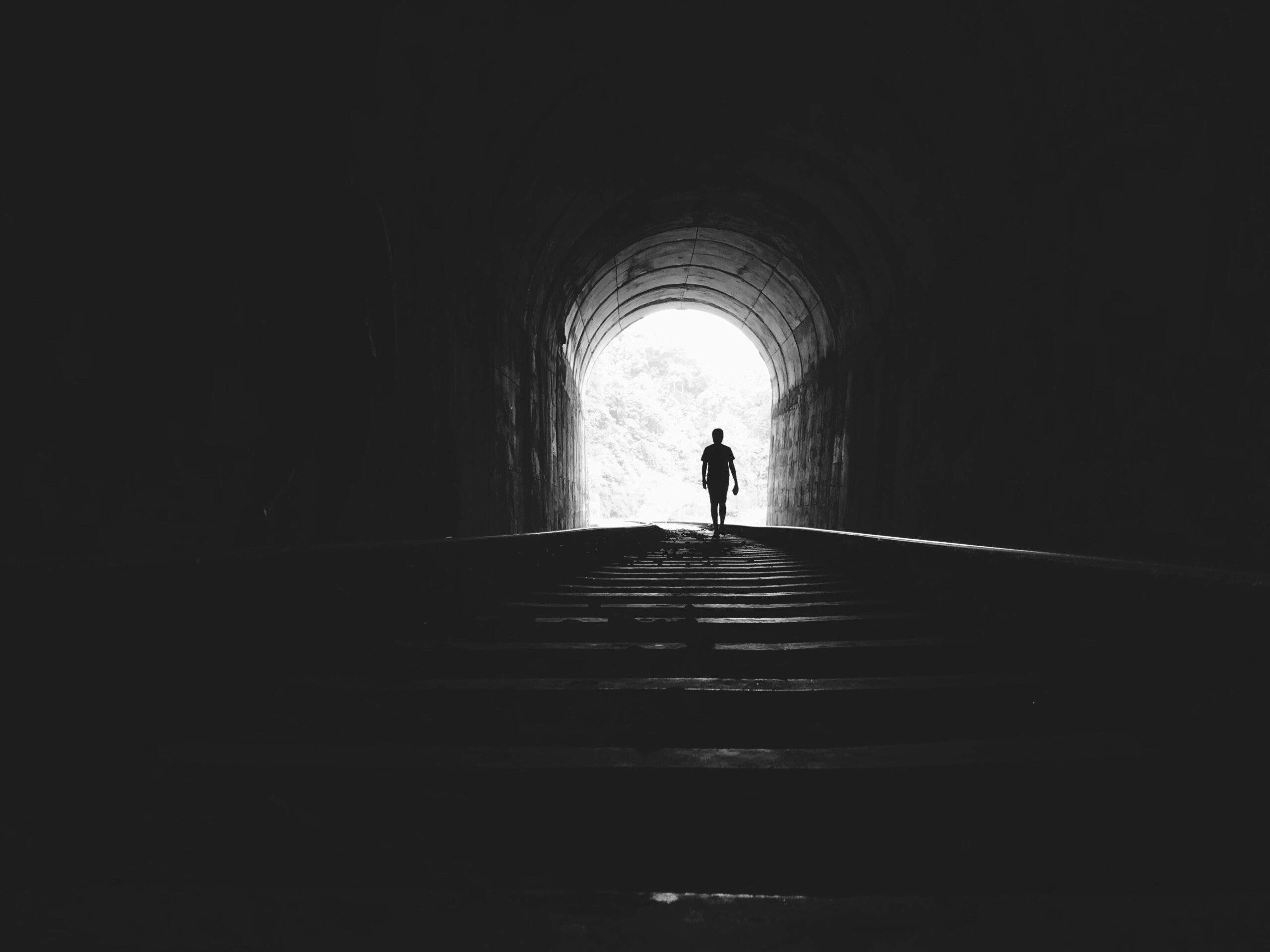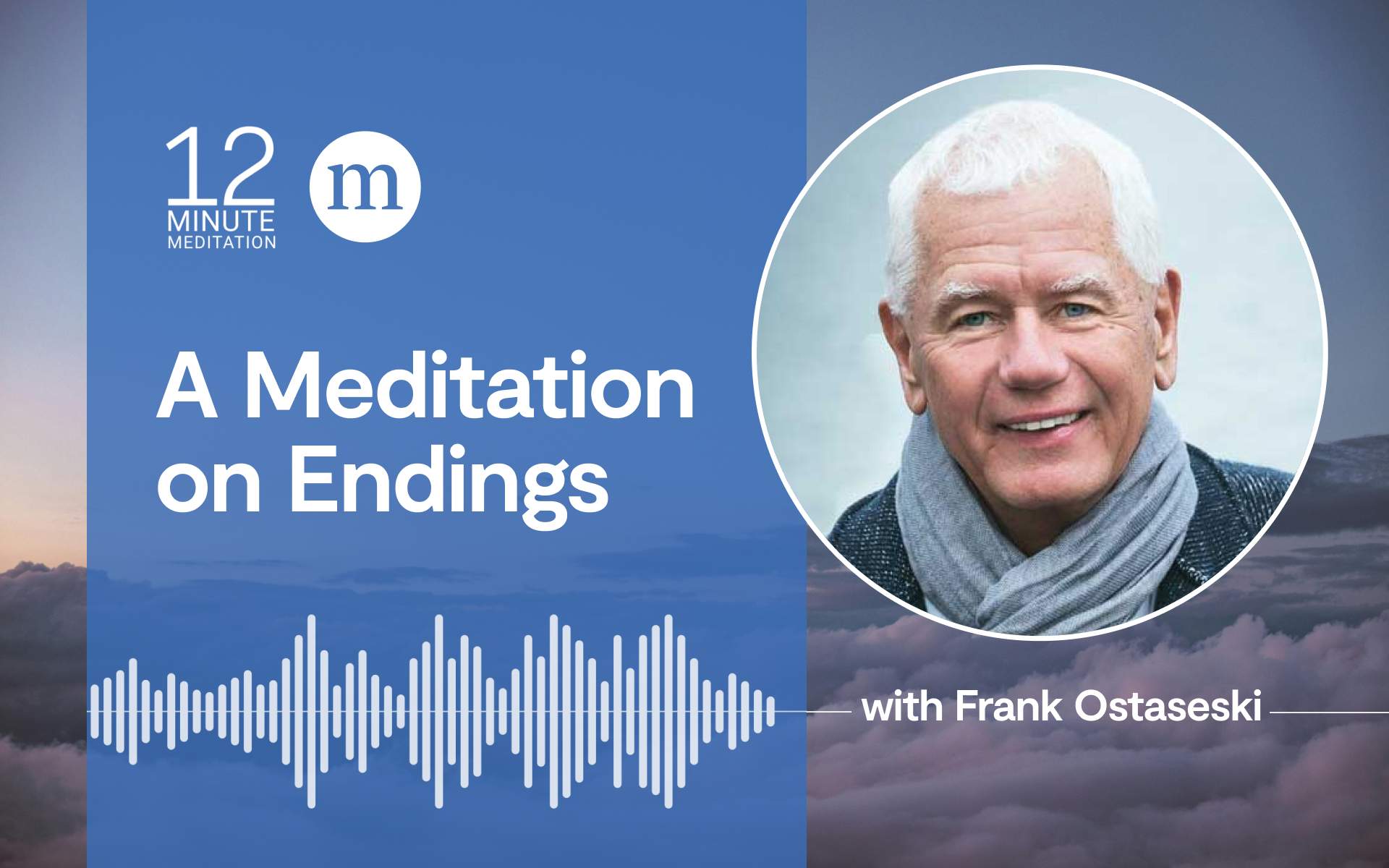This week I lost a tooth, my glasses broke, a piece of furniture finally gave out, and the undercarriage of our car rusted through.
And these are only hassles within a relatively secure life.
In Nepal, earthquakes took thousands of lives. In Baltimore, riots tore through the city. In Philadelphia, a train derailment transported passengers from luxury to tragedy in seconds.
Life can be so daunting—with both its everyday hassles and its larger challenges and injustices—that it can be tempting to look for an escape. Many people imagine meditation to be just such a way out.
The word retreat (as in a meditation retreat) can conjure the idea of running away from “the real world” into a haven of private bliss.
But nothing could be further from the truth.
Mindfulness Comes With You
When you practice mindfulness, as many of you can attest, the real world comes with you. It’s never far from your mind or your body.
After all, what lasting value would mindfulness offer if it were merely a form of in-home entertainment?
The point of retreating—whether for a few minutes or a few months—is the returning:
- To be in the world
- To feel more grounded in the midst of uncertainty
- To take on difficulties with a bit more equanimity and resilience
Mindfulness doesn’t erase life’s pain. It helps us meet it more honestly, and with greater capacity.
Why Some Critics See Mindfulness as an “Escape”
And yet, critics repeatedly misinterpret mindfulness as an escape hatch, the easy way out.
After raising valid concerns about the dangers of commodifying mindfulness, social critic Barbara Ehrenreich, writing in The Baffler, suggests that “maybe meditation does have a calming, ‘centering’ effect, but so does an hour of concentration on a math problem or a glass of wine with friends.”
Similarly, Virginia Heffernan, in The New York Times, muses about meditators using “soothing self-induced thoughts to overcome difficulties.”
An hour of concentration on a math problem may indeed be valuable—not only for the solution, but also for its calming effect. The same can be said for a convivial glass of wine with friends.
But these are not equivalent to mindfulness meditation.
Mindfulness Is Not About “Soothing Yourself Away”
“Soothing” and “centering” are not really the central point of meditation.
In mindfulness practice, we:
- Sit alone (or together) with our thoughts and emotions
- Notice our nervous system—that hypervigilant sensor of danger and opportunity
- See how the world’s ups and downs are mirrored in our body and mind
When we retreat for a time with no immediate project to fixate on, we expose ourselves directly to the workings of our mind and body. Over time, we can learn to regulate them more effectively.
With practice, something important shifts:
- Our desire to escape from difficulty lessens
- We become more willing to stay with discomfort, rather than run from it
- We begin to respond, instead of automatically reacting
This is one reason people in high-stress roles—firefighters, police, soldiers, doctors, and others—have taken a deep interest in mindfulness. Its effectiveness for these groups is now being actively researched.
Mindfulness and the “Survival Brain”
Elizabeth Stanley, founder of Mindfulness-Based Mind Fitness Training—a program for people who “serve their communities in high-stress contexts, including members of the military, law enforcement, and other first-response organizations”—has written that mindfulness can help people see more clearly in difficult situations.
With mindfulness, she notes, people in high-stress contexts:
- Are more likely to see the environment around them clearly
- Are less likely to be driven by unconscious “survival-brain” filters that exaggerate threats
- Are better able to regulate their hardwired stress response and the reactive impulses it can create
Put simply: if we can better regulate our nervous system, we can tolerate more stress. When we’re less overwhelmed, we are less likely to make hasty, damaging decisions.
Mindfulness Builds Resilience—It Doesn’t Bypass Reality
The better we regulate our nervous system, the more stress we can bear without snapping—and the more skillfully we can act in the midst of it.
In a word, we become more resilient.
Mindfulness is not a magic resilience pill. It doesn’t guarantee calm, or promise that life will stop being hard.
What it does offer is a way to be in more intimate touch with:
- How the world’s challenges land in our bodies and minds
- The patterns that drive our reactions
- The small spaces where a different response becomes possible
That intimacy with reality is what enables us to work more effectively with a very difficult world.
And that’s not a retreat.
It’s an advance.
Related articles :








